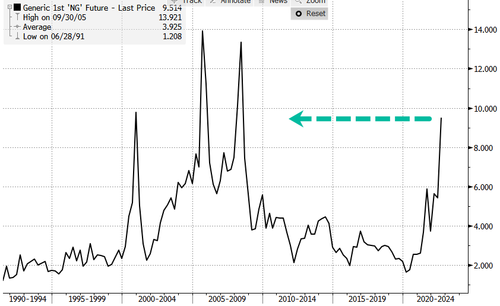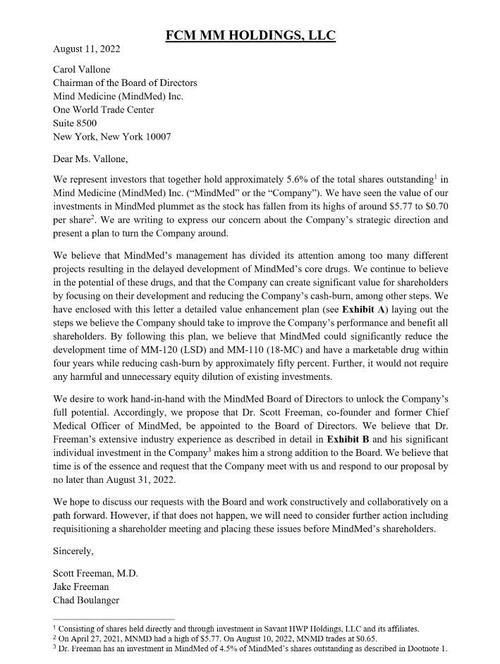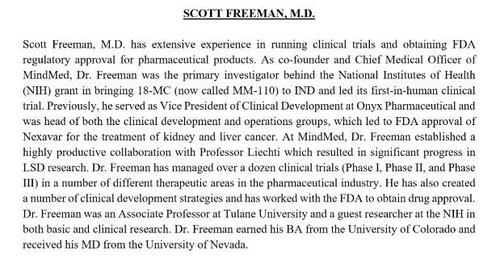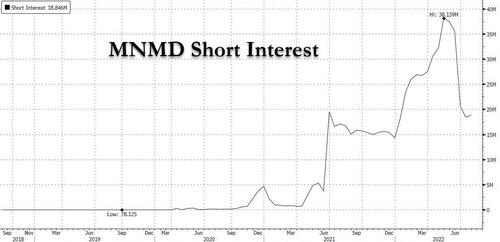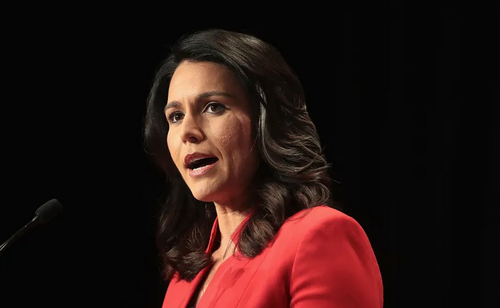On Monday, a Florida appeals court upheld a lower court’s decision to deny a 16-year-old girl a waiver that she sought in order to obtain a legal abortion at 10 weeks of pregnancy without the consent of her parents or legal guardian. Florida’s First District Court of Appeal upheld the lower court’s ruling because the teenager “had not established by clear and convincing evidence that she was sufficiently mature to decide whether to terminate her pregnancy.”
While it is unknown whether Jane Doe has since received an abortion, a partially dissenting opinion authored by Judge Scott Makar makes clear that Doe did, in fact, display a remarkable degree of maturity in making her case to the lower court and that the lower court’s decision to block her access to abortion care was an act of paternalism, not compliance with state law.
Jane Doe sought permission to receive an abortion during a nonadversarial hearing in the chambers of Judge Jennifer J. Frydrychowicz of Escambia County. Doe was accompanied by her case worker and a guardian ad litem child advocate manager. (She was entitled to a free lawyer but did not request one.) Doe sought Frydrychowicz’s permission to get an abortion because she “‘is not ready to have a baby,’ she doesn’t have a job, she is ‘still in school,’ and the father is unable to assist her,” Makar wrote. “Second, the minor states that her ‘guardian is fine with what [she] wants to do,’ which would be a sufficient basis for a waiver of notice if other statutory requisites are met.”
While the second reason presents a procedural issue—Jane Doe would not have needed a waiver of consent from a judge if her supposedly supportive legal guardian had simply consented in writing to her getting an abortion—Makar’s reading of the transcript makes clear that Frydrychowicz blocked Doe’s attempt to get an abortion not because of a procedural issue but because Frydrychowicz wanted to protect her from making a decision she might regret.
Yet, Makar’s references to the hearing transcript make clear that Doe had fully thought through her decision:
Based on the hearing transcript and her written order, the trial judge apparently sees this matter as a very close call, finding that the minor was “credible,” “open” with the judge, and nonevasive. Indeed, the minor “showed, at times, that she is stable and mature enough to make this decision.” The transcript demonstrates that the minor was knowledgeable about the relevant considerations in terminating her pregnancy along with other statutory factors. She had done Google searches and reviewed a pamphlet (that she and a family member got from their visit to a medical clinic) to gain an understanding about her medical options and their consequences. Cf. In re Doe, 204 So. 3d 175, 177 (Fla. 1st DCA 2016) (Makar, J., concurring) (affirming denial of judicial waiver where the “minor did not know what the medical procedure involved”). The trial court noted that the minor “acknowledges she is not ready for the emotional, physical, or financial responsibility of raising a child” and “has valid concerns about her ability to raise a child.”
The trial judge denied the petition but explicitly left open the availability of further proceedings by saying that the “Court finds [the minor] may be able, at a later date, to adequately articulate her request, and the Court may re-evaluate its decision at that time.” (Emphasis added). The emphasized language indicates the trial judge must have been contemplating that the minor—who was ten weeks pregnant at the time—would potentially be returning before long—given the statutory time constraints at play—to shore up any lingering doubt the trial court harbored.
Throughout his opinion, Makar revisits the lower court’s claim that Doe was not mature enough to choose an abortion for herself. He cites, for example, that she was open to being a parent, just not while she had no job, no high school degree, and no partner to help her:
In this regard, the key if not sole factor for “re-evaluation” would apparently be the trial judge’s initial concern that the minor’s “evaluation of the benefits and consequences of her decision is wanting.” The detailed written order points out that the minor has evaluated the pros/cons in making her decision and the transcript reflects a similar mental process. Reading between the lines, it appears that the trial court wanted to give the minor, who was under extra stress due to a friend’s death, additional time to express a keener understanding of the consequences of terminating a pregnancy. This makes some sense given that the minor, at least at one point, says she was open to having a child, but later changed her view after considering her inability to care for a child in her current station in life.
The fact that Doe “was open to having a child” but upon considering her resources, decided that she does not want to have a child right now, comes across to the lower court judge as immature ambivalence; yet no one would question the maturity of a 20-year-old or 30-year-old who sought an abortion for these same reasons. (The 1996 Personal Responsibility and Work Opportunity Act, passed by a Republican-led Congress and signed by Democratic President Bill Clinton, essentially sought to encourage poor women to do exactly this kind of cost-benefit analysis by capping the amount of welfare they could receive for their children.)
It is also not clear why the recent death of Doe’s friend should matter in determining her mental readiness, given that Doe has already demonstrated she is aware of the massive responsibility childrearing entails, the details of the procedure she would be receiving, and the “consequences” of obtaining an abortion.
While Makar affirmed Frydrychowicz’s ruling, he dissented from his colleagues on whether to remand the case back to the lower court.
“The legislature has provided a specific tool for an appellate court to remand these types of cases to achieve clarity and completeness where it may be lacking,” Makar wrote. “Given the trial court’s entreaty to the minor that it may ‘re-evaluate its decision’ under the circumstances, as well as the unaddressed guardian consent issue, I would remand for the three-day statutory period to clarify such matters, and dissent on that basis.”
The post A Florida Appeals Court Denied a Parentless Minor a Waiver of Parental Consent for an Abortion appeared first on Reason.com.
from Latest https://ift.tt/lamXBYM
via IFTTT
